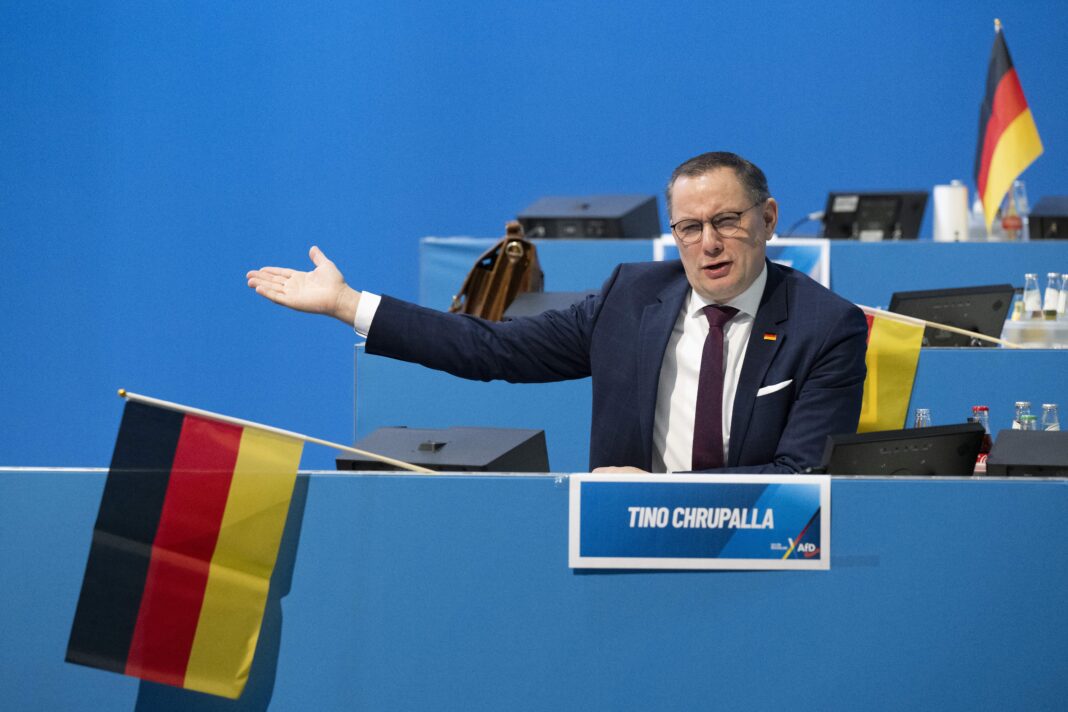ABUJA, Nigeria (CHATNEWSTV) — Three months after being officially redeployed, Adegboyega Fasasi, Chief Security Officer (CSO) to President Bola Ahmed Tinubu, remains in his position, raising questions about adherence to service rules and discipline within Nigeria’s intelligence framework.
In October, State Security Service (SSS) Director-General Tosin Ajayi directed Mr. Fasasi’s redeployment to attend a mandatory executive management course, a requirement for officers of his rank. The directive also appointed Rasheed Atanda Lawal as Mr. Fasasi’s replacement.
Despite the order, Mr. Fasasi, stationed at the State House for over seven years, has reportedly resisted the move with the backing of influential government officials.
“President Tinubu is under pressure from powerful figures to retain Fasasi as his CSO, complicating efforts to enforce the directive,” an intelligence operative told PRNigeria.
Concerns Over Protocol and Discipline
SSS personnel have expressed unease over Mr. Fasasi’s refusal to comply, describing the situation as “unusual and ambiguous.”
“This defiance risks undermining institutional discipline and respect for authority,” one operative warned.
Critics have also accused Mr. Fasasi of maintaining close associates within the presidential villa, a move viewed as circumventing standard protocols.
A Balancing Act of Security and Influence
However, another security source defended Mr. Fasasi’s continued role, emphasizing that personal aides within the villa serve at the president’s discretion.
“Fasasi plays a critical role in ensuring the President’s safety and has earned the trust of the first family and key officials,” the source said, noting that the executive training program he is scheduled to attend begins in February 2025.
According to the source, Mr. Fasasi will remain in his role until the end of January 2025 to ensure a smooth transition.
Experts Warn of Precedent
Security analysts say the standoff highlights the tension between professional protocol and political influence in Nigeria’s security operations.
“The resolution of this case or lack thereof will set a significant precedent for managing similar issues in the future,” said one expert.
As debates persist, the situation underscores the complex interplay between loyalty, competence, and adherence to institutional rules within Nigeria’s highest corridors of power.
 Donate
Donate



